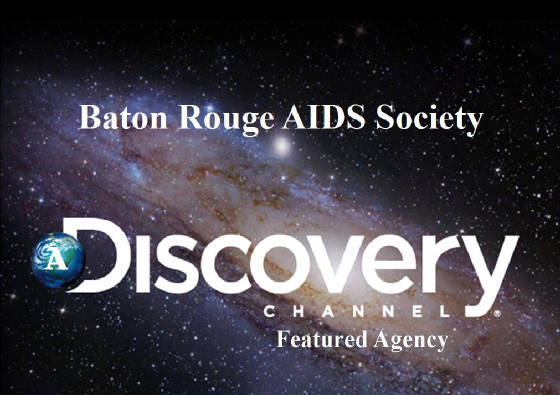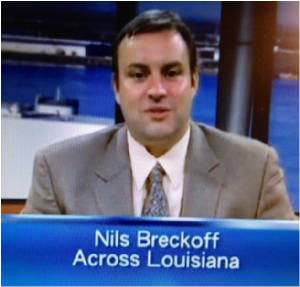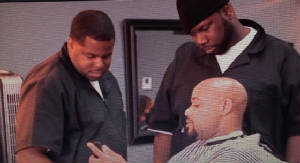BatonRougeAIDSSociety.org
IN THE NEWS
|
|
|
IN THE NEWS
BR area’s AIDS
rate tops in nation by Robert Stewart The Baton Rouge metro area ranks No. 1 in the nation in its rate
of new AIDS cases after ranking second the past two years, according to 2010 data released Wednesday by the federal Centers
for Disease Control and Prevention.
Baton Rouge has a rate of 33.7, which means 33 out of every 100,000 people were newly diagnosed with AIDS in 2010, the data show. The CDC uses the U.S. Census Bureau’s Metropolitan Statistical Area to define the Baton Rouge metro area. It consists of nine parishes: East Baton Rouge, West Baton Rouge, Ascension, Iberville, Pointe Coupee, East Feliciana, West Feliciana, Livingston and St. Helena. Miami is second with a rate of 30.3; Jackson, Miss., is third with a rate of 29.2; and Baltimore is fourth with a rate of 26.8, according to the CDC data. The New Orleans metro area is fifth with a rate of 26.2, according to the data. Baton Rouge ranked second in the United States in 2011 and 2010 and third in 2009. The Rev. A.J. Johnson, executive director and founder of the Baton Rouge AIDS Society, said the ranking does not surprise to him considering Baton Rouge has ranked high for years. Johnson said Baton Rouge needs to send ongoing messages about HIV and AIDS prevention to fight the problem. Johnson said he would like to see faith-based communities become more involved in AIDS outreach and spread information about testing and prevention efforts in the city. “I’m not talking about financial support — although we always need that — but for faith-based communities to start talking about HIV, especially in the black community,” Johnson said. Johnson said the first thing people can do to prevent the spread of AIDS is get tested and “know your status.” Johnson said the Baton Rouge AIDS Society performs free HIV/AIDS testing from 4 P.m. to 6 p.m. Wednesdays at its center at 4560 North Blvd. He also said testing is available 24 hours a day, but for a fee. Anybody with questions about testing can call the Baton Rouge AIDS Society at (225) 923-2437, Johnson said. Tim Young, executive director of the HIV/AIDS Alliance for Region Two, also said more people need to be educated about HIV and AIDS prevention and testing measures. Young said people can get tested either by a family physician or at numerous testing sites in the city. Some of those sites include: the HIV/AIDS Alliance at 4550 North Blvd.; Metro Health Education, 950 E. Washington St.; Family Service of Greater Baton Rouge, 4727 Revere Ave.; and Capitol City Family Health Center, 3140 Florida St. “All of those locations offer free confidential testing,” Young said. |




